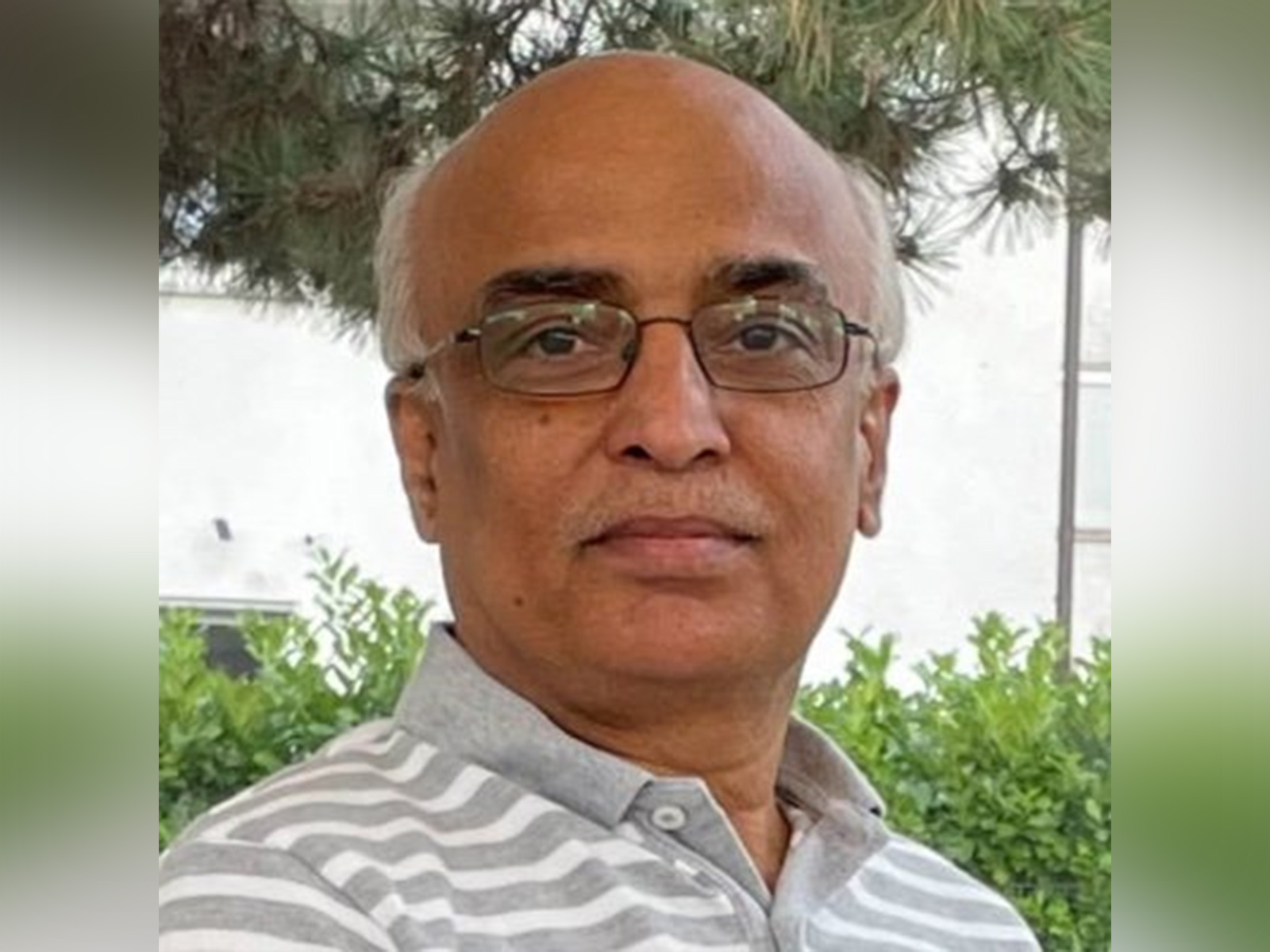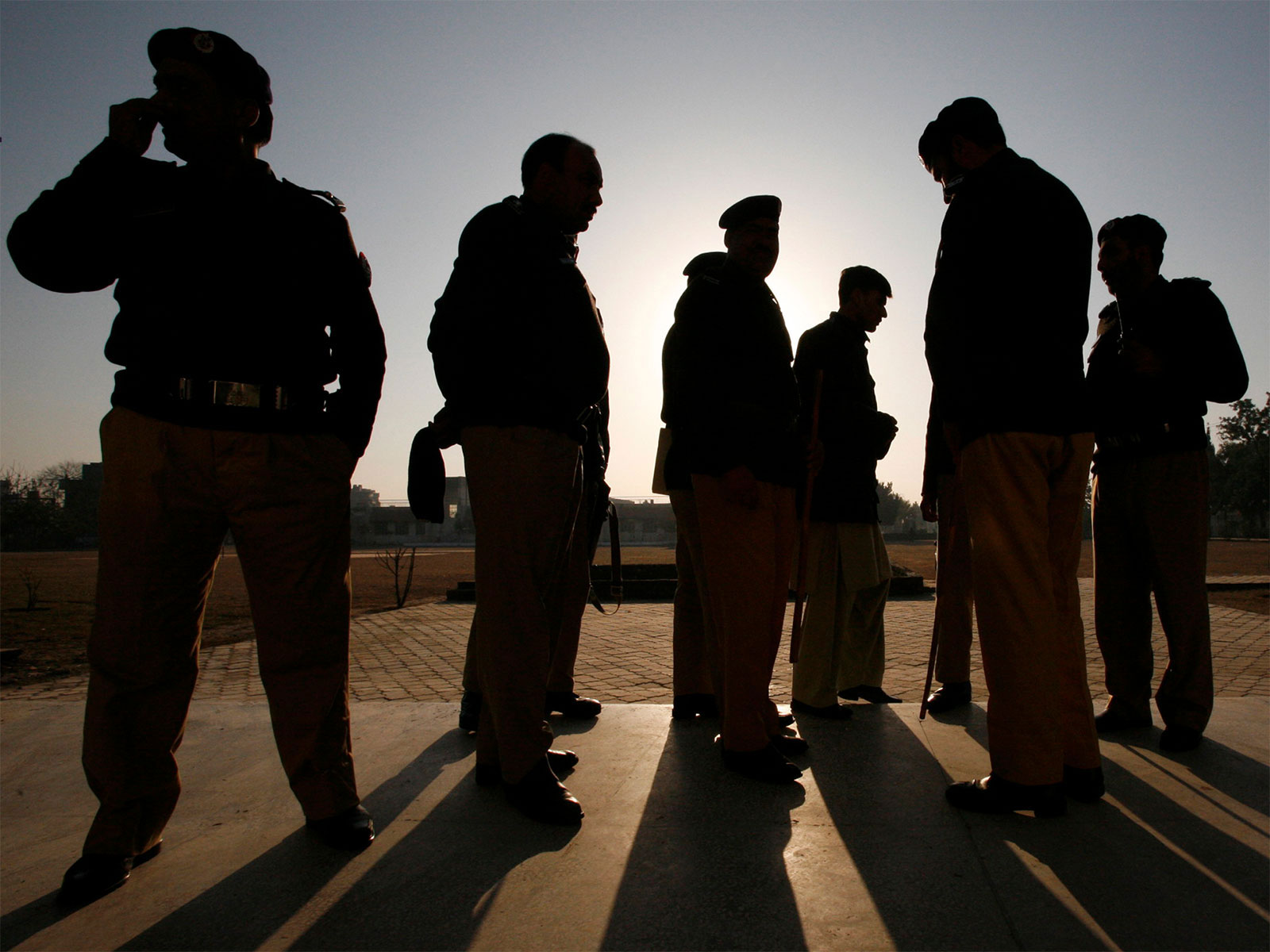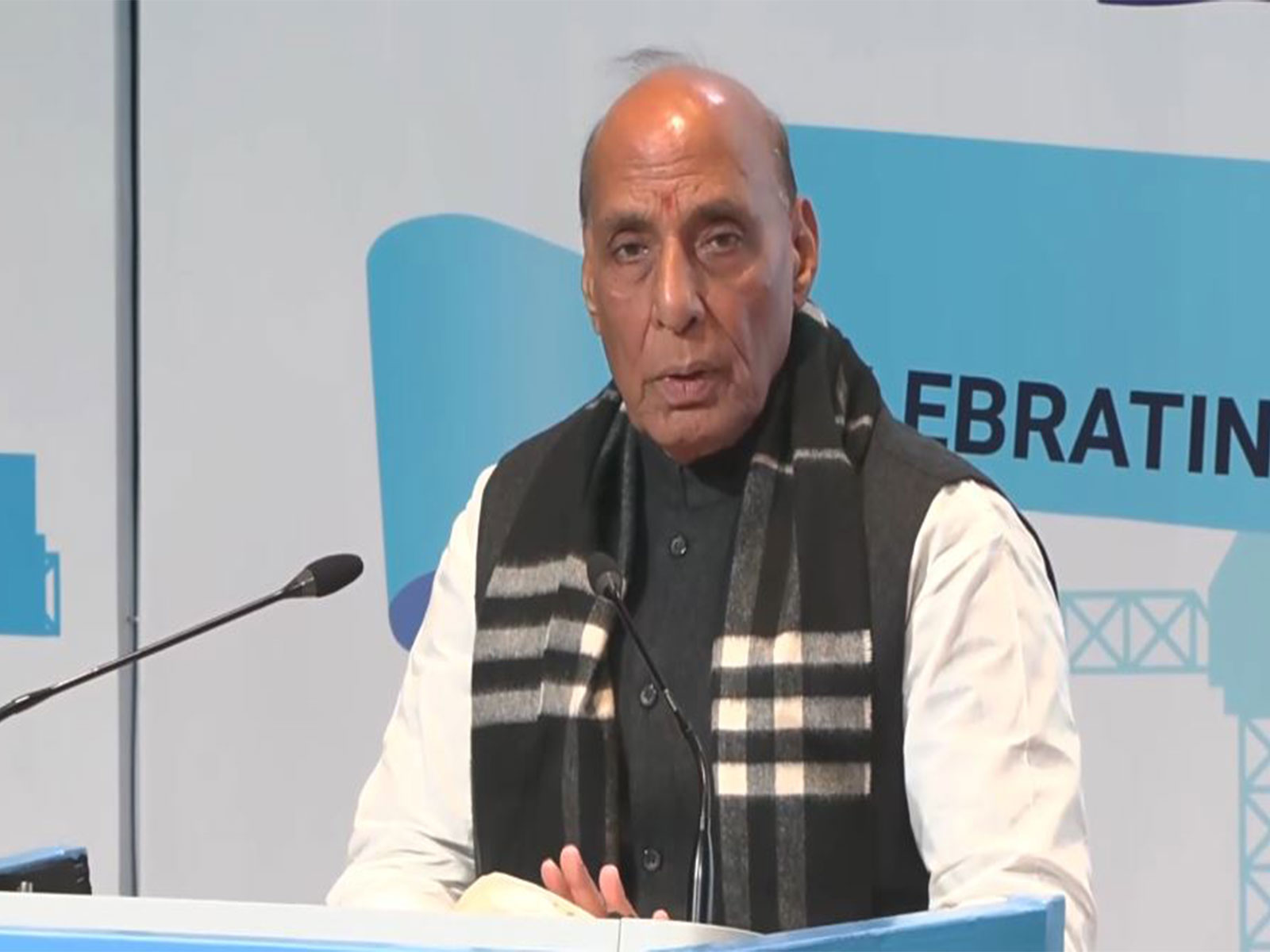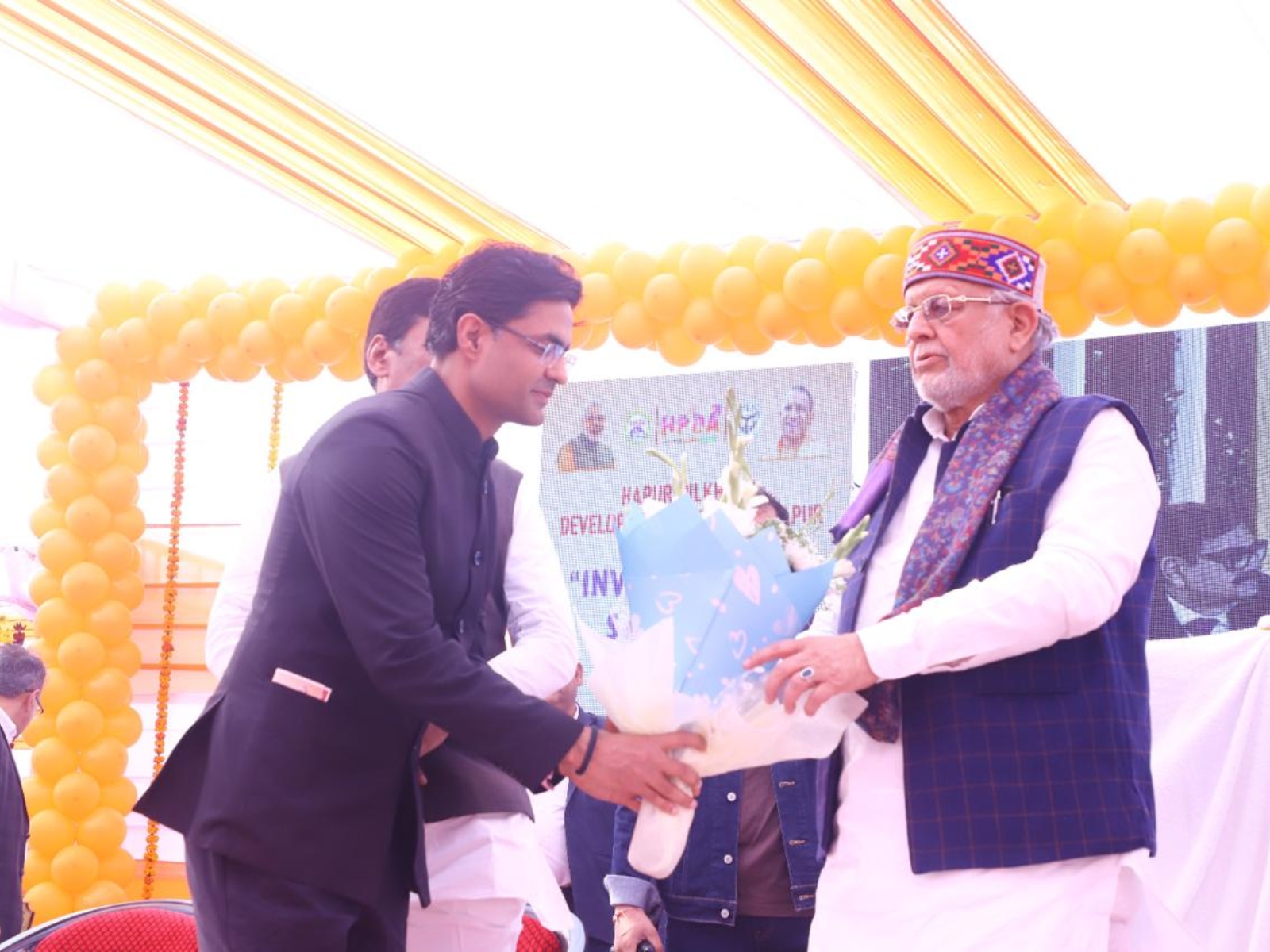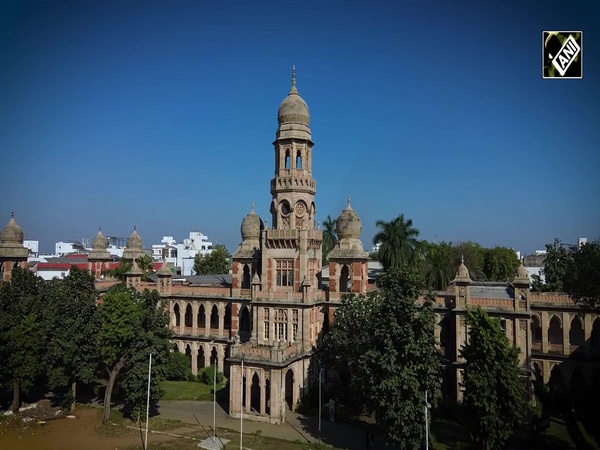Japan's 'Shinto' religion contributes to Global Dialogue at 'Congress of Leaders of World and Traditional Religions'
Apr 04, 2024

Astana [Kazakhstan], April 4 : Japan's Shinto religion contributed to the global dialogue at the "Congress of Leaders of World and Traditional Religions" held in Astana, Kazakhstan, the Embassy of Kazakhstan said in a release.
The Congress of Leaders of World and Traditional Religions has been held in Kazakhstan for over 20 years.
Once every three years, leaders of religions that are followed globally or as the tradition of particular nations gather and engage in dialogue between their faiths and civilizations, Shinsaku Mitsui, head of the International Section of the Japan Shrine Association, said.
Japan's religion Shinto is the traditional religion of Japan. While, it is practiced by more people than any other religion within Japan, it is scarcely known outside its borders because of its distinctive character.
Japan, after accepting the special invitation of the Kazakhstan President to participate in this Congress, found themselves in full agreement with the aims of the meeting, and "came to feel that it would be an honour if the spirit of Shinto could contribute in some way, however small, to these dialogues in search of truth," the Embassy of Kazakhstan stated.
Mitsui further expressed gratitude and said, "We have come this far, which is a tribute to the dynamic leadership of the President of Kazakhstan and the understanding of the people of the nation."
At last year's 21st meeting of the Congress Secretariat, a development concept for the years 2023-2033 was adopted, building on the success of 20 years of dialogue between religions and civilizations, the release said.
This concept is of the utmost importance for the future of the world; Japan welcomed it and expressed gratitude for the leadership shown by Kazakhstan.
Mitsui further expressed confidence that the practical actions launched under this concept will advance the search for truth and sympathy that underlies all religions and nurture tolerance.
"The desire for peace held by the representatives of religions across the world will, together with their prayers, spread to the rest of society, and another door to global peace will open," the release stated.
Shinto has no sacred text, strict doctrines or interest in evangelism. It is, rather, inextricably blended into the daily life and culture of the Japanese, and is one of the sources of the spirit, philosophy, and identity of the Japanese people.
Further, Shinto sees sacred mysteries that transcend human understanding in fire and water, the sun and moon, the winds and the earth, and in all things.
These mysteries are venerated as "kami," and through ceremonies called "matsuri," practitioners of Shinto have time and again calmed the threats of nature and prayed for abundant harvests and enduring peace, the Embassy of Kazakhstan said.
In this way, Japan has been bound together through a spirit of gratitude to the kami, and a religious practice that prizes harmony.
"Shinto's lack of concern with spreading the religion had a further consequences. Until recently, even if events were held around the world to gather representatives of various religions, Shinto did not take an active part," it added.
Moreover, the embassy of Kazakhstan, in their release, noted that the secretariat will meet again in Astana this autumn, and further hoped to continue to support this globally important endeavour.
